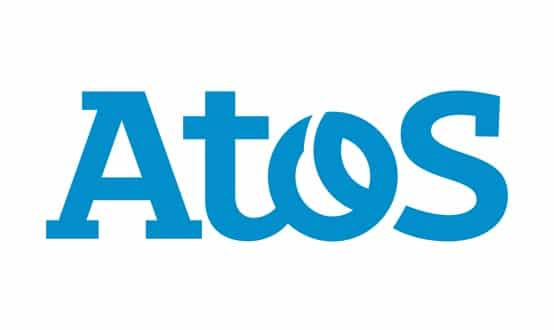Technology Adoption Likely to be Slow in 2002, say Gartner
- 22 January 2002
Technology advances such as the use of XML, mobile technologies, speech recognition, workflow, business process management and public key infrastructure are tantalisingly close to prime time in healthcare, but 2002 will see only a fraction of the adoption that might be expected, according to analysts, Gartner.
Introducing Gartner Predicts 2002: Healthcare, editor, Kenneth Kleinberg, writes, “IT advances in other industries, such as financial services, entertainment and even the government sector, have healthcare stakeholders asking, ‘Why not in healthcare as well?’
”To meet these pressures, [US] healthcare IT budgets are on the increase, but many healthcare organisations (HCOs) believe that the money they currently spend is gaining them little. We believe an overhaul or new generation replacement is required for most HCOs’ financial and clinical systems.”
As an example of slow adoption, the Gartner team say there is a 70% probability that, in 2002, 40% of newly developed healthcare applications will use XML internally and 70% of vendors of delivery-side health applications will have announced an XML-based, web-services-based integration strategy.
However, they predict that by 2003 fewer than 15% of delivery-side applications will have robust XML-based web services in generally available software releases.
While the report is US-focused, many of its points have a wider application. For example, Kleinberg points out that the dot-com implosion of 2001 left a bad taste in everyone’s mouth, but most industry stakeholders believe that the Internet and related technologies will play a crucial part in the journey to success.
He adds, “Unfortunately, an examination of the stability and the ‘ability to execute’ of even the most established vendors in heathcare leaves HCOs with more questions than answers.”
The analysts say that the dot-com failures were a signal to all, especially e-health vendors, that valuations must be grounded in reality, not just hype, and that hybrid models of “bricks and clicks” will be required to succeed.




